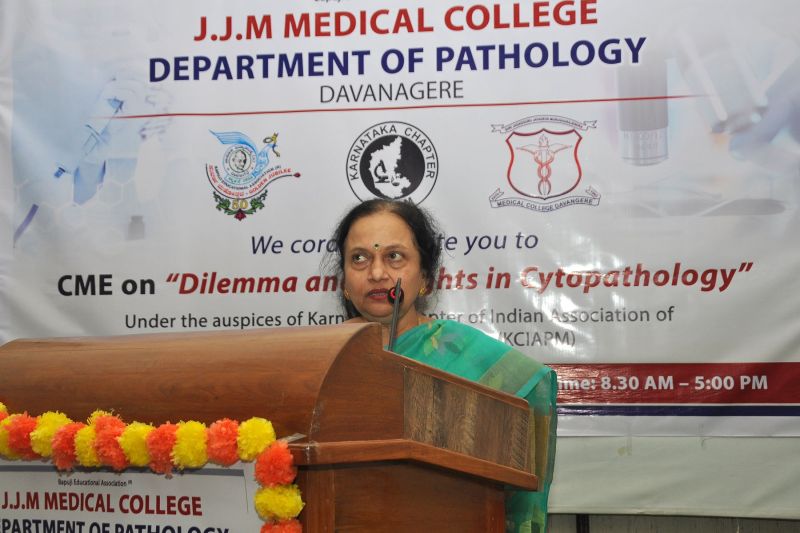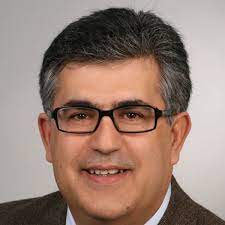Renowned Speakers

Saifee Abbas Mullamitha
Doctor in Manchester, England

Nandini nandish Manoli
JSS Medical College and Hospital MD, India

Dimos Baltas
Works at Freiburg University Hospital, Germany

Susan Hosseini Nasab
University of Texas, USA

Eef Hogervorst
Loughborough University, UK

Omar Khan
Oncologist at Shalbourne Private Healthcare, UK

David Fajgenbaum
Assistant Professor of Medicine, University of Pennsylvania, USA

Alan Astrow
Chief of the Division of Medical Oncology, New York–Presbyterian Brooklyn Methodist Hospital, USA
Recommended Global Oncology & Cancer Webinars & Conferences
Europe & UK
Asia Pacific & Middle East
Canada
CANCER BIOLOGY- 2026
To Collaborate Scientific Professionals around the World
Conference Date May 11-12, 2026
For Sponsors & Exhibitors
Speaker Opportunity
Useful Links
Past Conference Report
Supported By
All accepted abstracts will be published in respective Conference Series International Journals.
Abstracts will be provided with Digital Object Identifier by
